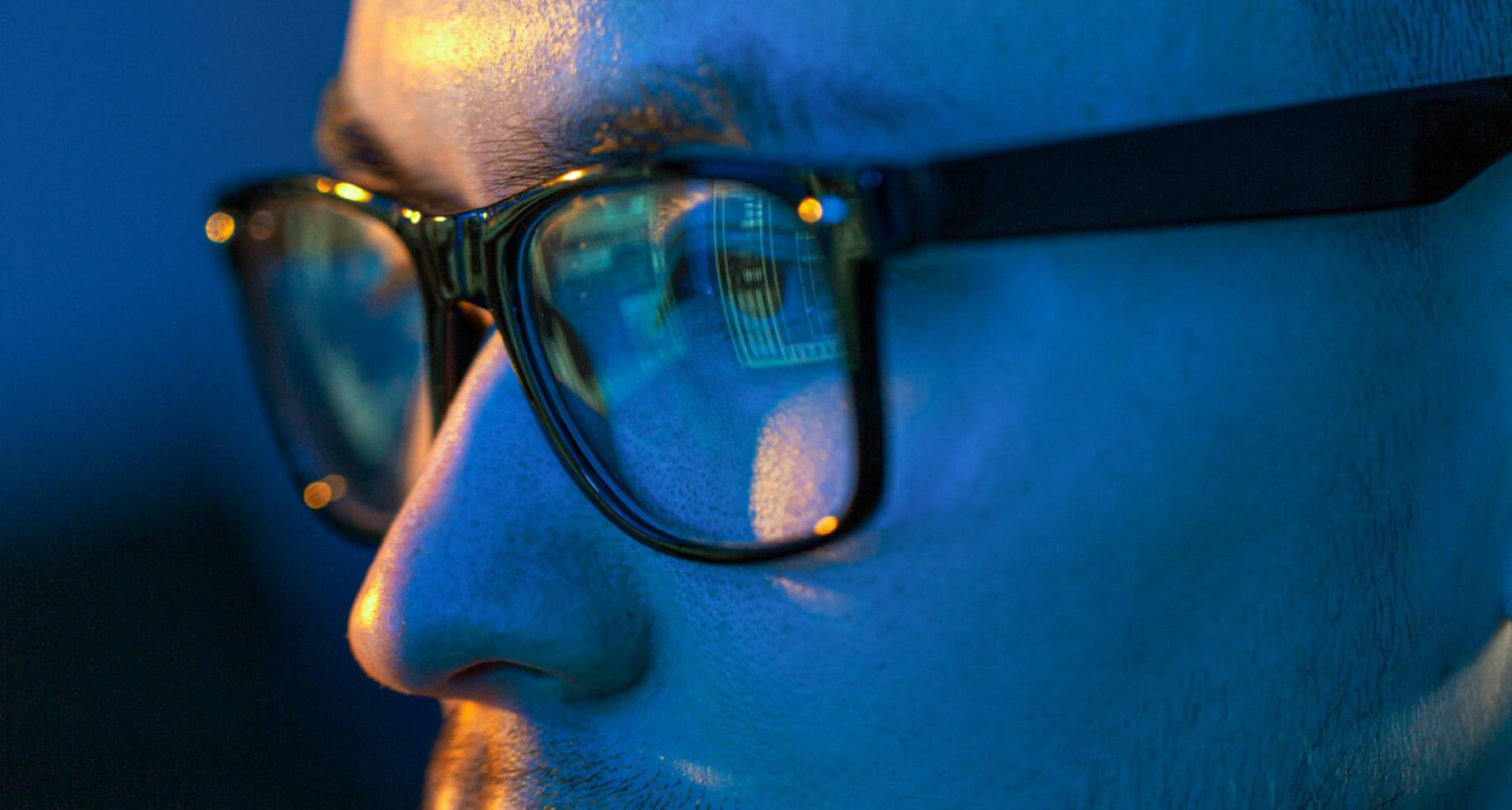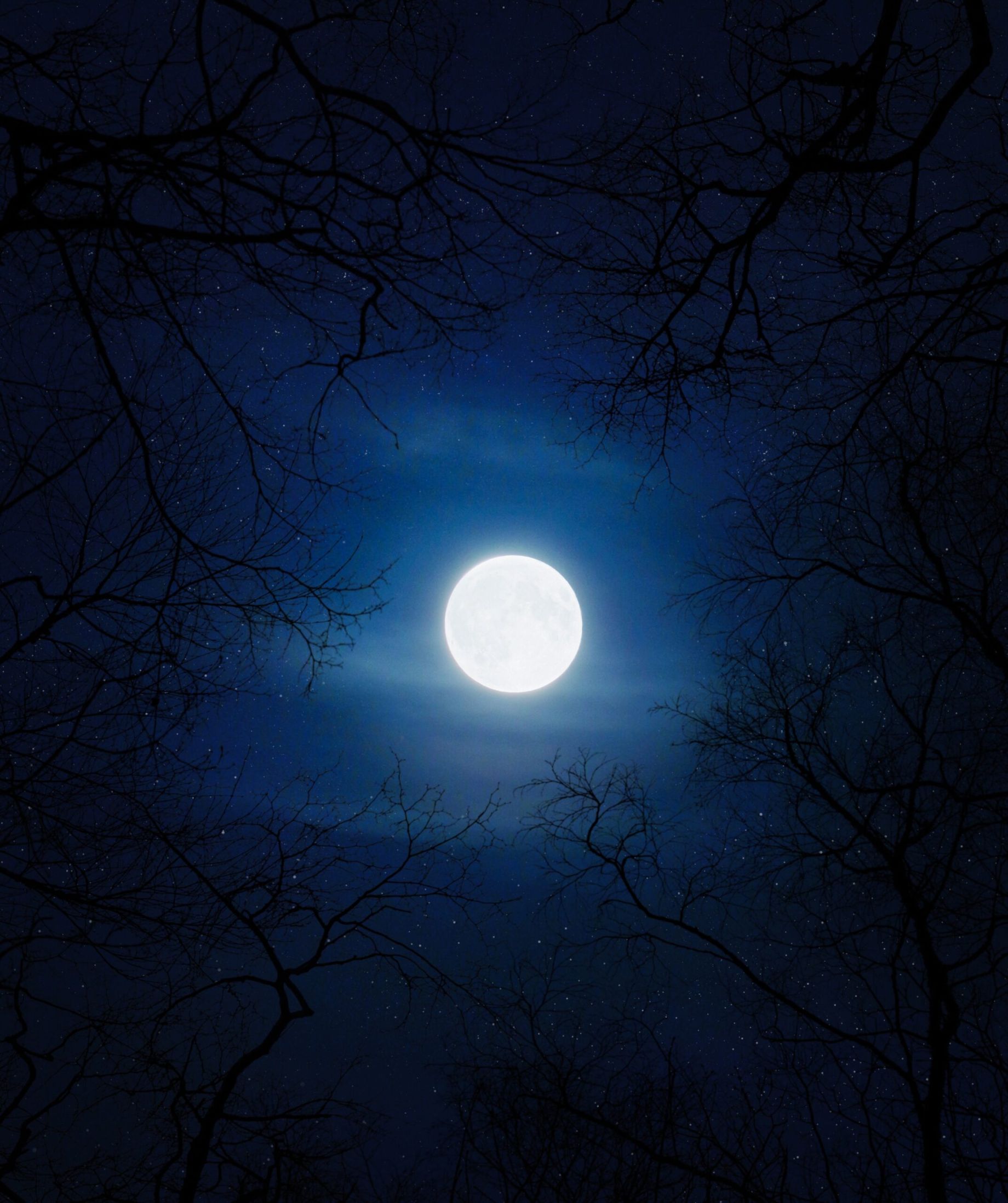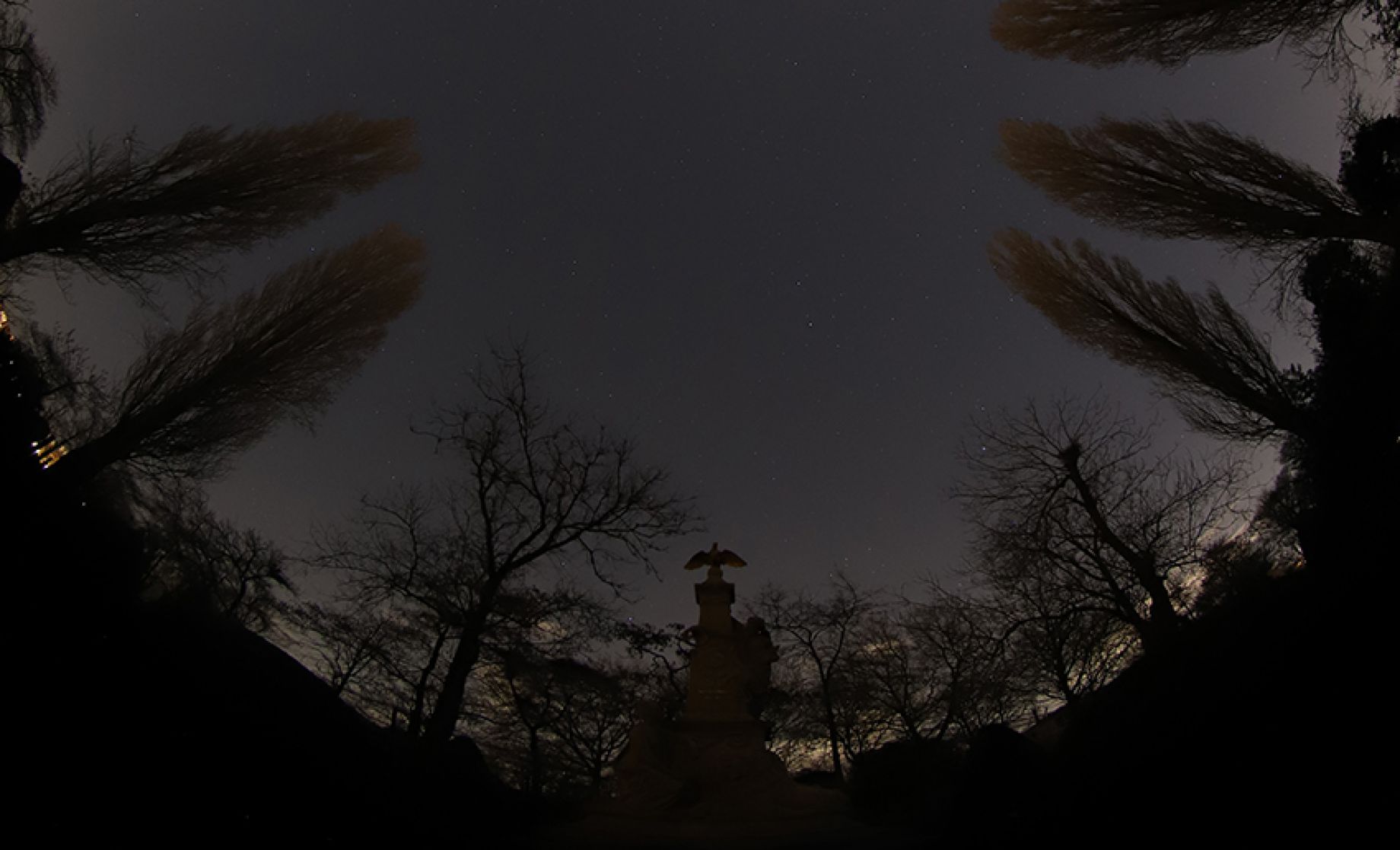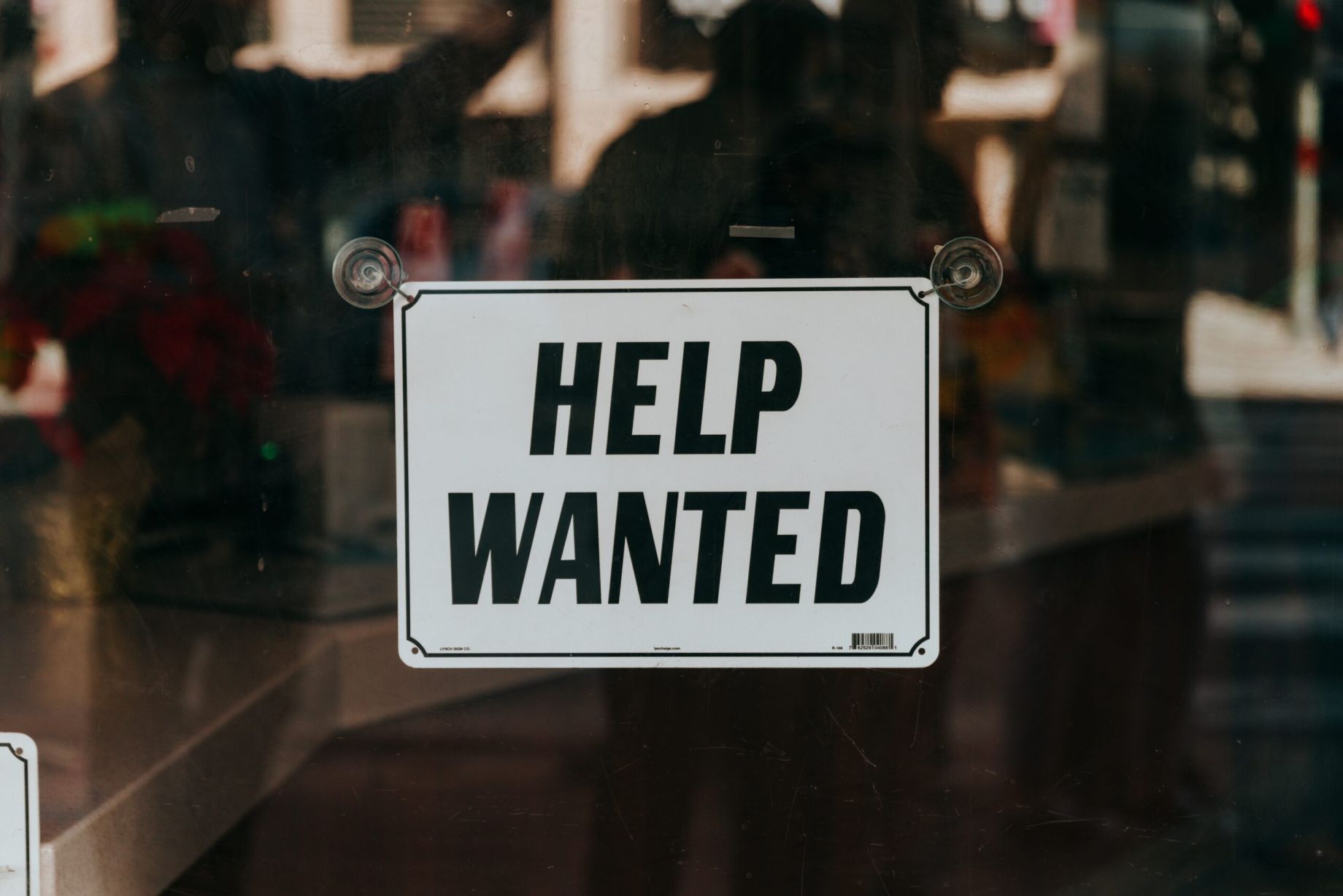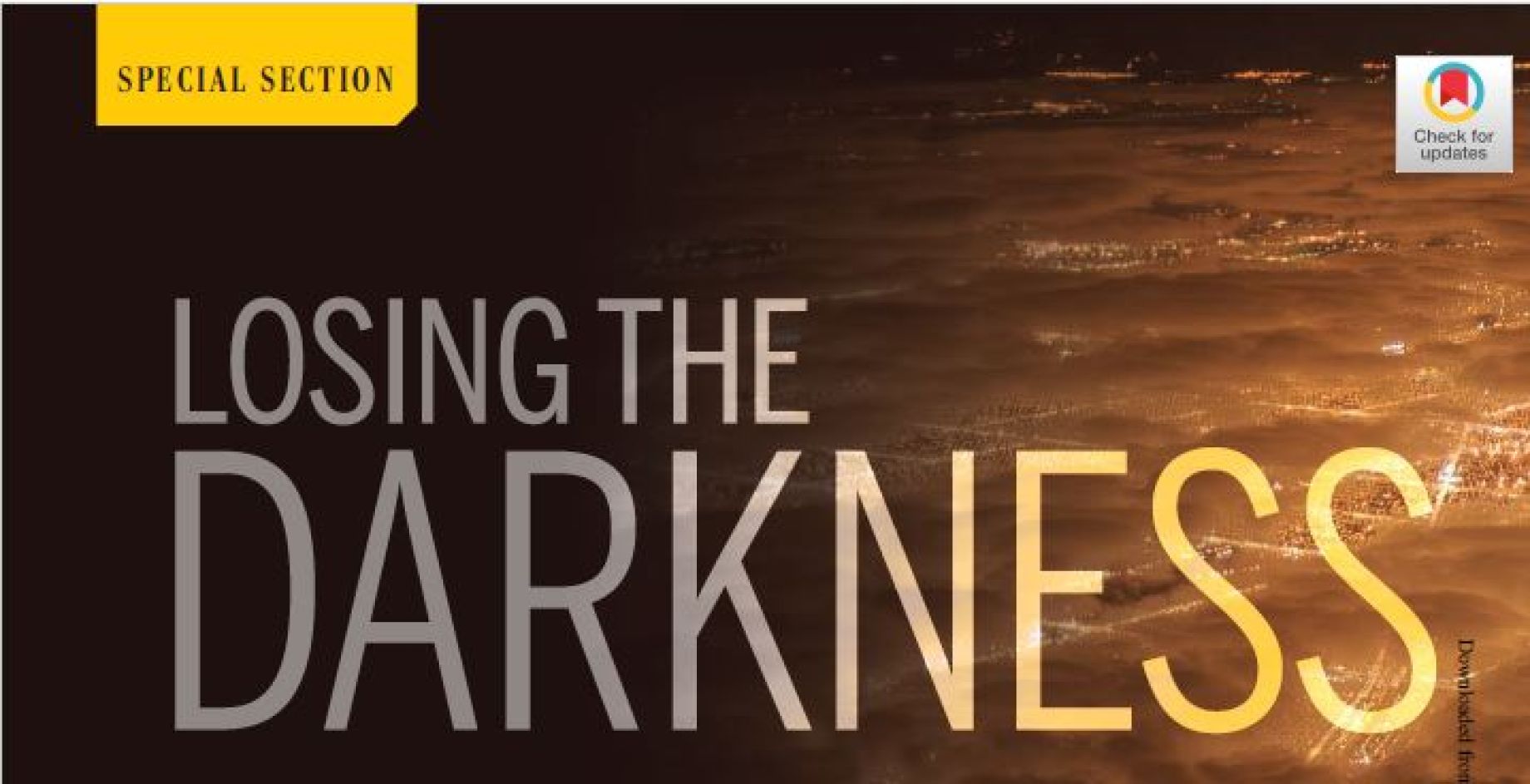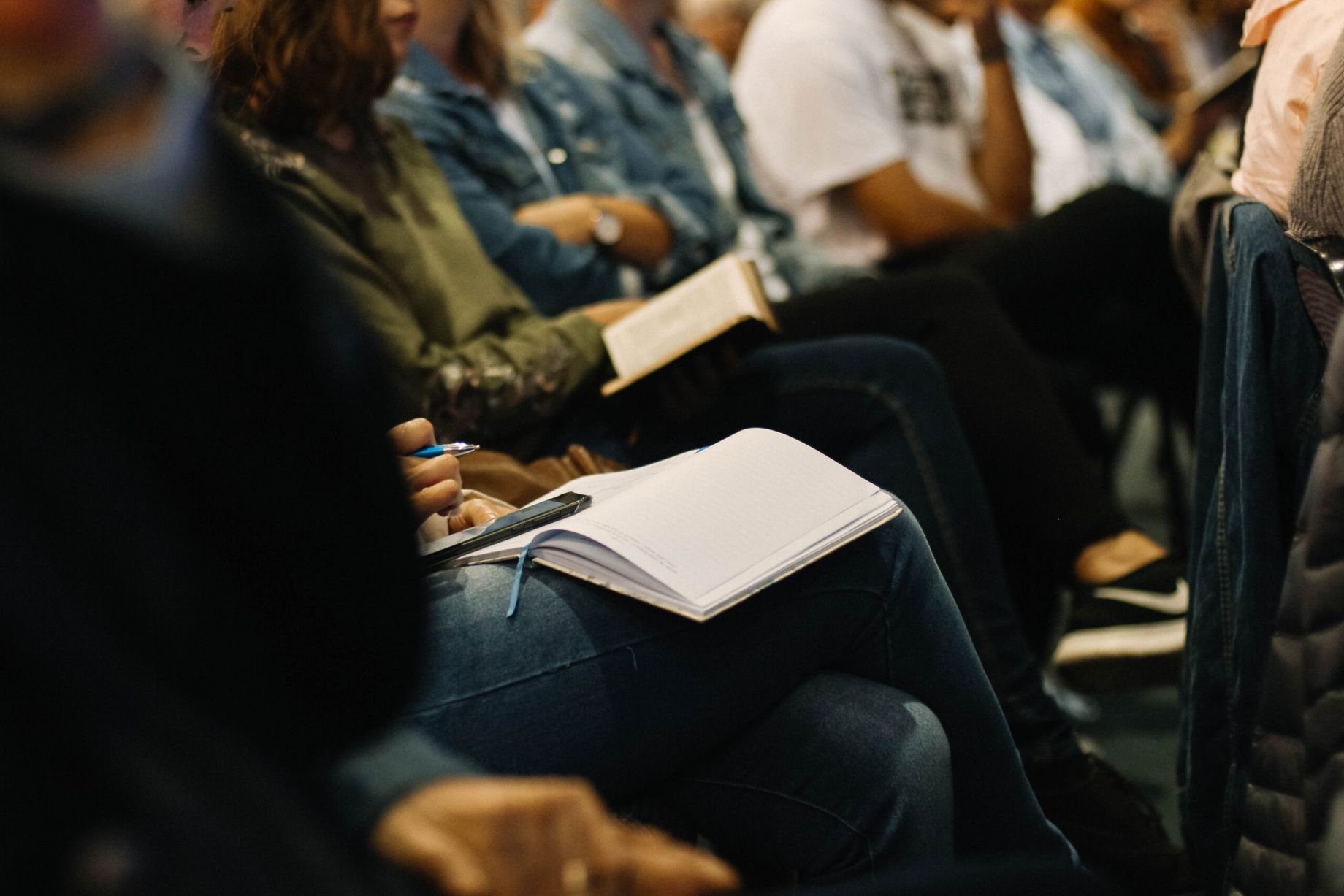The journal of Intensive Care Medicine published a letter to the editor from Anneloes Opperhuizen and colleagues on the potential of blue light emitting glasses to improve alertness in nurses. The study was carried out at the ICU and ER departments of the VieCuri MC hospital in Venlo and included measurements of sleepiness during work and during driving homewards. It also measured sleep quality after a nightshift. Although slight improvement of sleepiness was statistically observed...
Full moon
Written by bioclock on . Posted in News.
The next full moon will be on August 31. A long while ago, full moon was the brightest amount of light possible at night. Now that has changed. Joke Meijer and Anneloes Opperhuizen wrote an article about this for Night of the Night. You can read the article here (in Dutch).
On October 28, several events will be organized to pay attention to the importance of darkness. Find more information here.
Night of the discoveries & Amsterdam dark festival
Written by bioclock on . Posted in News.
In September, two events are scheduled during which BioClock participates. On September 16th, during the Night of the Discoveries in Leiden, you can discover how your biological clock is set. Merlijne and Laura, involved in the BioClock Consortium LUMC, would be delighted to include your data in the research! Visit Merlijne and Laura and discover whether you are a morning person or an evening person. Additionally, you’ll gain insight into how the biological clocks of other visitors...
Night of the Discoveries & Amsterdam Dark Festival
Written by bioclock on . Posted in News.
In September, two events are scheduled during which BioClock participates. On September 16th, during the Night of the Discoveries in Leiden, you can discover how your biological clock is set. Merlijne and Laura, involved in the BioClock Consortium LUMC, would be delighted to include your data in the research! Visit Merlijne and Laura and discover whether you are a morning person or an evening person. Additionally, you’ll gain insight into how the biological clocks of other...
Help us! With a short questionnaire
Written by bioclock on . Posted in News.
To be able to tell as many people as possible about the biological clock, we are developing a public activity and we need help from you. Could you please fill out this short (5 minute) questionnaire? With your answers we can improve and develop the activity further. Thank you very much!
https://leidenuniv.eu.qualtrics.com/jfe/form/SV_bNHeXMW02rqtFQO
Losing the darkness – a Science Special Issue on Light Pollution
Written by bioclock on . Posted in News.
Light is the main Zeitgeber for the circadian clock, of many organisms. The endless exposure to light, including during the nighttime, is disruptive for the function of circadian clocks everywhere in nature. This research is one of the pillars of the BioClock Consortium. Now, in June ’23, the high impact and world-renowned journal of Science has published a special issue on this topic: Light pollution.
We are unable to share the papers here, but are definitely...
Chronobiology meets sleep: from animal to human research – Spring Symposium
Written by bioclock on . Posted in News.
On May 9th, 2023, the Dutch Society for Sleep-Wake Research organizes a symposium titled ‘Chronobiology meets sleep: from animal to human research’.
The symposium will take place Tuesday the 9th of May from 13:00- 18:00 PM. During the meeting the BioClock founders (Joke Meijer, Laura Kervezee) and other chronobiology researchers will provide a translational perspective on recent and upcoming developments in the field of chronobiology. There will be a panel...
